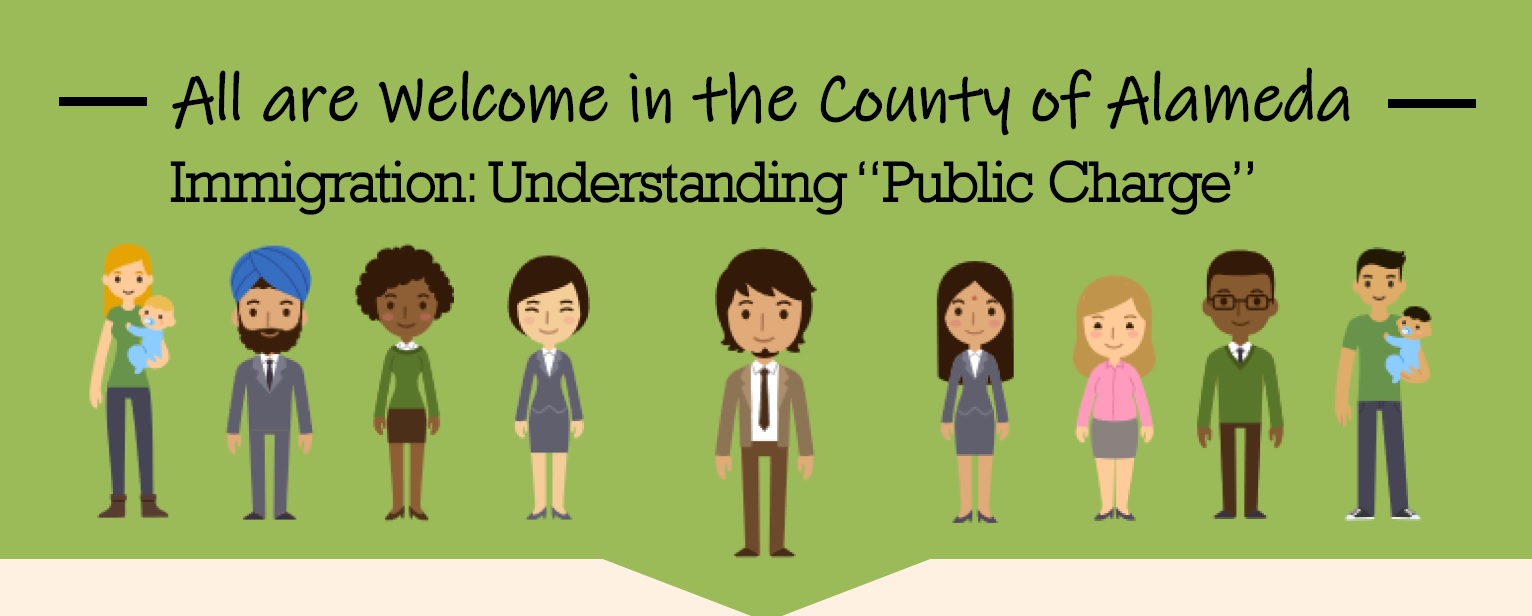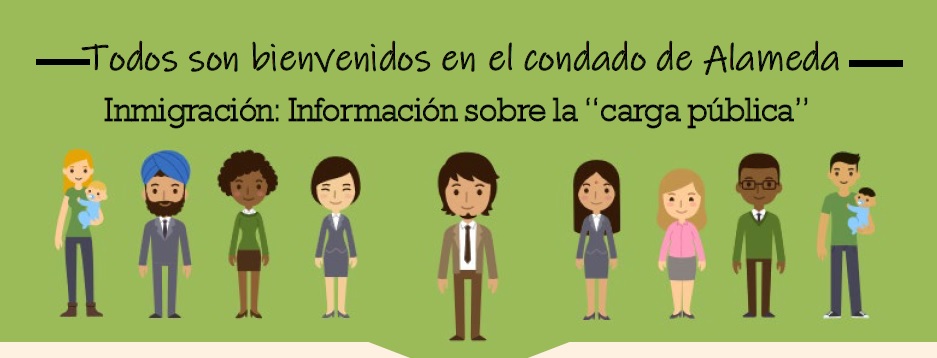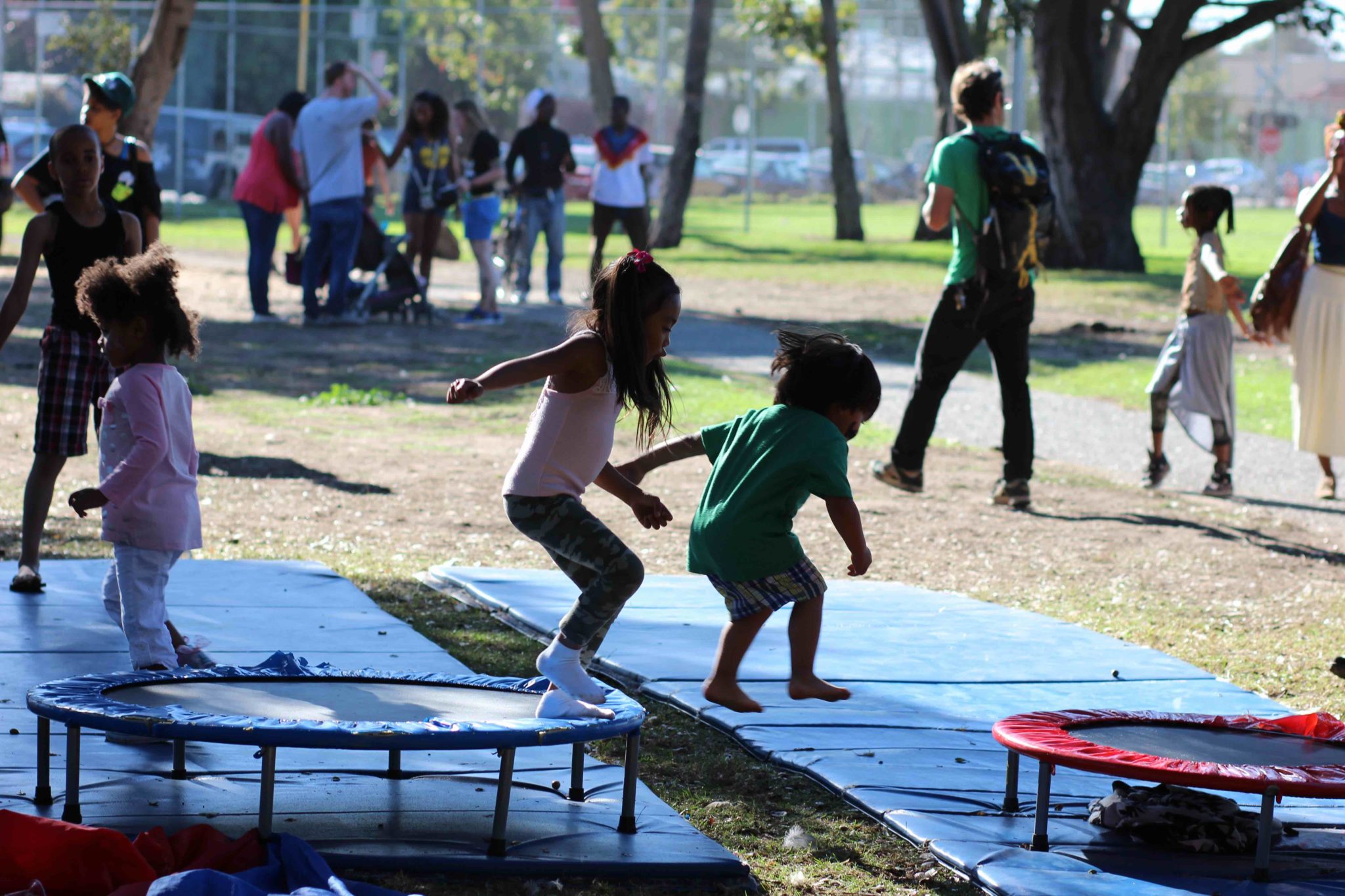UPDATES:
March 9, 2021:
Public Charge is blocked nationwide! In response to a Department of Justice request, the Supreme Court of the United States dismissed the controversial Trump-era rule which made it more difficult for immigrants to obtain legal status if they used certain public benefits.
February 2, 2021:
President Joe Biden signs Executive Order to remove barriers to the legal immigration system. The Executive Order means that the administrative process of reversing Trump’s public charge regulations has now begun.
November 4, 2020:
Public Charge Rule Back IN EFFECT as Litigation Roller-Coaster Continues: On November 2, 2020, the Northern District of Illinois put implementation of the public charge regulation on hold nationally. However, late on November 4, 2020, the Seventh Circuit Court of Appeals stayed that decision pending appeal, meaning that the public charge rule is back in effect.
November 2, 2020:
The Northern District Court of Illinois struck down the U.S. Department of Homeland Security (DHS) public charge regulation, blocking the rule nationwide. This means that as of today, the public charge rule has been blocked from implementation.
What’s Next? The fight is not yet over. This latest decision may be appealed to the Seventh Circuit and potentially to the U.S. Supreme Court. And multiple cases, in addition to this one, continue.
On July 29th, the U.S. District Court for the Southern District of New York issued a nationwide preliminary injunction, blocking the Department of Homeland Security from enforcing the public charge rule during the COVID-19 public health emergency. However, on August 14th, the district court’s order indicated the injunction will only apply to the states in the 2nd Circuit (New York, Connecticut and Vermont), lifting the injunction on all other states (including California). The California case against public charge, in which La Clínica is a plaintiff, will be heard on September 15th.
January 2020 Update: The Supreme Court temporarily clears Public Charge regulation. Scroll below for updated resources!
On January 27, 2020, the U.S. Supreme Court temporarily set aside the preliminary injunctions that prevented the Department of Homeland Security’s public charge rule from taking effect nationwide. This was the last of the three district court nationwide injunctions in force, which means that the DHS rule will apply this rule to applications and petitions submitted or postmarked on or after February 24, 2020, except in Illinois where it is blocked by a statewide injunction.
What is Public Charge?
Read More

For over a century, our government has recognized that supporting health care, housing and nutrition programs can help immigrant families thrive, resulting in immigrant families contributing more to the economy than they require in public aid.

On August 14, 2019, the Department of Homeland Security’s final public charge rule was posted to the Federal Register for inspection, click HERE for link to final rule. This final rule change to “public charge” policies will govern how the use of public benefits may negatively affect individuals’ ability to obtain legal permanent resident (LPR) or “Green Card” status. The proposed rule would dramatically expand the public charge definition to include:
- Non-emergency Medi-Cal
- Medicare Part D subsidies
- Supplemental Nutrition Assistance Program (SNAP/CalFresh),
- Housing support (Section 8 Vouchers, rental assistance)
These programs protect our nation’s public health and prosperity by ensuring that all U.S. residents stay healthy, housed and productive, and can raise families who thrive and contribute to our nation’s vitality and economy.
Community Impact
Read More
Changes to federal “public charge” policies may lead to fear and uncertainty among immigrant families about using public programs, which likely would drive down enrollment in Medicaid & CHIP, potentially by millions of people. In fact, the Kaiser Family Foundation states in a report released on October 12, “Decreased participation in Medicaid would increase the uninsured rate among immigrant families, reducing access to care and contributing to worse health outcomes. Coverage losses also would result in lost revenues and increased uncompensated care for providers and have spillover effects within communities.”
Additionally, the current administration’s portrayal of immigrants and prospective citizens as a drain on our economy is not supported by research. As just one example, a recent report from the National Academies of Sciences, Engineering and Medicine indicates that second generation immigrants are among the strongest economic and fiscal contributors in the U.S. population, contributing more in taxes than either their parents or the rest of the native-born population.
Resources:
Read More
- What Advocates Need to know: August 14, 2020
- Public Charge: Does this apply to me? How public charge will impact you based on your immigration status, and what you should do.
- Know Your Rights: Public Charge Messages for Community Members. Top messages to share with immigrant communities on the recent changes to public charge.
- Should I Keep My Kids Enrolled in Health & Nutrition Programs? Use this guide to help answer commonly asked questions about how to make good decisions for your family and their health.
- You Have Rights – Protect Your Health. An overview of mixed-status families when it comes to going to the doctor or enrolling in health insurance.
Additional materials for service providers and advocates can be found at the PIF Special Resources Page.
For more, join the Protecting Immigrant Families campaign listserv to receive up to the minute news.
Additional Resources:
Important East Bay Area Legal Contacts
-
- Asian Pacific Islander Legal Outreach: 510.251.2846
- Bay Area Legal Aid: 510.663.477
- Catholic Charities of the East Bay: 510.437.1554
- Centro Legal De La Raza: 510.437.1554
- East Bay Community Law Center: 510.548.4040
- International Institute of the East Bay: 510.451.2846
California’s eligibility rules for public assistance benefits have not changed.
-
- Screening Web Tool (English): www.keepyourbenefitsca.org/
- Screening Web Tool (Spanish): www.tusbeneficiospublicos.org
- Screening Text Tool: 650-3768006 Text “benefits” (for English) , “libre” (for Spanish), “福利” (Chinese) or “lợiích” (Vietnamese)
Information provided to SSA is confidential and only used to determine benefit eligibility.
The Federal government does not have access to the Social Services Agency’s information for immigration enforcement.
For more information, please visit SSA’S Immigration Resources Page.
Important to note: Public charge rules currently do not apply to 1) lawful permanent residents who are applying for citizenship through naturalization, or 2) undocumented individuals, for the most part, as they would not take this legal path.
